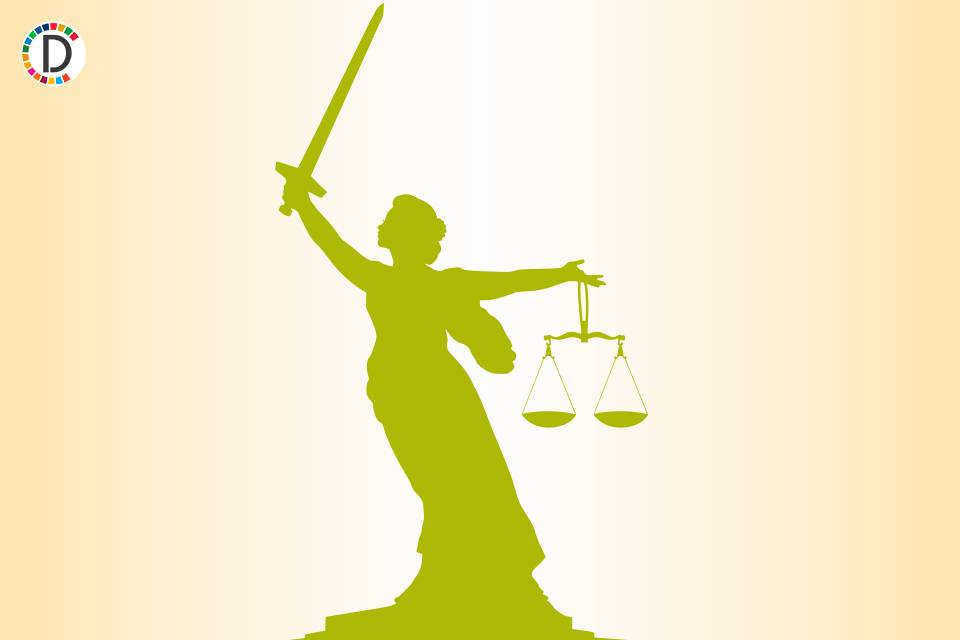Sri Lankan Government Challenges Supreme Court's Authority Over Police Chief Appointment
Sri Lanka's government declined to adhere to the Supreme Court's restraining order on police chief Deshabandu Tennakoon, insisting parliamentary supremacy on appointments. Prime Minister Dinesh Gunawardena emphasized the Constitutional Council's exclusive right to appoint, rejecting judicial removal without special procedures. This conflict coincides with the announcement of the upcoming presidential election.

In a significant clash with the judiciary, the Sri Lankan government declared on Friday its decision to ignore the Supreme Court's restraining order against police chief Deshabandu Tennakoon.
Prime Minister Dinesh Gunawardena asserted in Parliament that the Constitutional Council was responsible for Tennakoon's appointment, and such decisions were beyond judicial review.
The Supreme Court had restrained Tennakoon following nine fundamental rights petitions, ordering him to be replaced pending a mid-November hearing.
Highlighting parliamentary supremacy, Gunawardena argued the police chief could only be removed through an established procedure, a stance reinforced after an urgent cabinet meeting convened by President Ranil Wickremesinghe.
Moreover, Gunawardena dismissed the need for an acting police chief, stating there was no vacancy, and urged Speaker Mahinda Yapa Abeywardena to uphold parliamentary authority.
The petitions questioned the Constitutional Council's procedure, alleging flaws, but Speaker Abeywardena defended his decision, emphasizing the special procedure required to remove appointees.
This institutional standoff occurs as the country's election commission announced the presidential election, scheduled for September 21, with nominations due by August 15.
(With inputs from agencies.)
ALSO READ
Government Launches Prime Minister's Internship Scheme
India clearly at the sweet spot, says Prime Minister at Kautilya Economic Conclave.
1.3 crore families so far registered under roof-top solar scheme: Prime Minister Narendra Modi at Kautilya Economic Conclave.
India's growth inclusive, 250 million pulled out of poverty, says Prime Minister Modi at Kautilya Economic Conclave.
A New Horizon: Prime Minister Internship Scheme Launch










